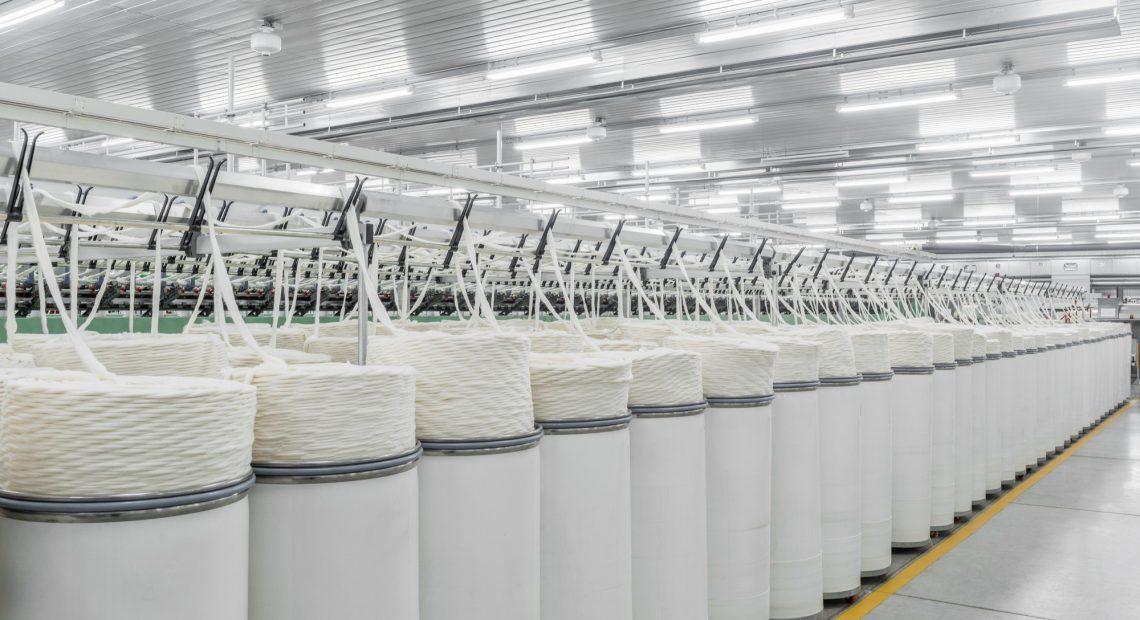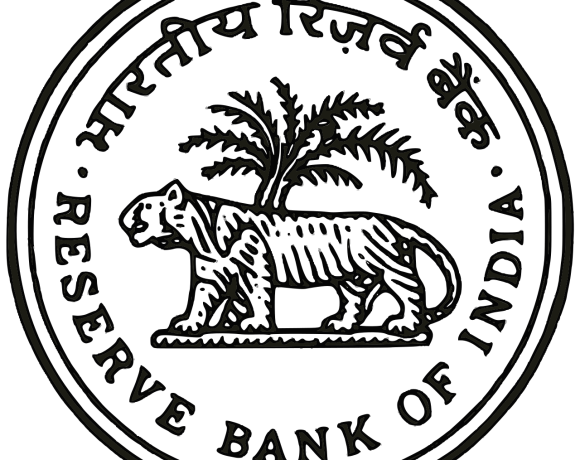
India’s Cotton Panel Recommends Removing 11% Import Duty
India’s cotton advisory panel has recommended scrapping the 11% import duty on cotton in a move aimed at boosting the global competitiveness of Indian textile mills and supporting the import of Extra-Long Staple (ELS) cotton essential for high-quality fabric production.
Background: Industry Burdened by Duty
The 11% import levy, introduced in February 2021 to support domestic cotton growers, has increasingly become a point of contention within the textile sector. While the initial goal was to ensure fair returns for Indian farmers, the policy has had unintended consequences for the textile industry. Mills reliant on imported ELS cotton—such as American Pima—have faced rising raw material costs, weakening their position in the global export market.
Industry leaders have argued that the duty does not protect domestic producers of ELS cotton because India lacks adequate internal production of this variety. Instead, it has allowed international competitors with access to duty-free cotton to outprice Indian textile products in overseas markets.
Textile Industry Seeks Market-Driven Reforms
Stakeholders from global cotton organizations have voiced support for lifting the duty, emphasizing the need for market-based pricing over artificial controls. They argue that in a globally connected textile economy, restrictive duties only isolate Indian mills from accessing premium raw materials at competitive prices.
The panel’s recommendation comes amid growing calls from industry bodies and export associations urging the government to ease input costs and allow Indian producers to tap into premium textile markets with high-value cotton imports.
Positive Outlook for Indian Mills
Eliminating the duty could provide a much-needed boost to the struggling textile sector. Mills would benefit from reduced production costs, better export competitiveness, and improved margins. It would also enhance India’s appeal as a global hub for sustainable and high-quality textiles.
Many Indian mills have already aligned with sustainability platforms such as the U.S. Cotton Trust Protocol, showing an industry-wide shift toward responsible sourcing and global integration. Removing the import duty could further strengthen these efforts.
Conclusion
The cotton panel’s push to remove the 11% duty signals a possible policy shift in favor of competitiveness and sustainability. If implemented, it could provide relief to Indian textile manufacturers and reinforce India’s standing in the global textile supply chain. The ball now lies in the government’s court, and all eyes will be on the Centre’s response in the coming months.


















